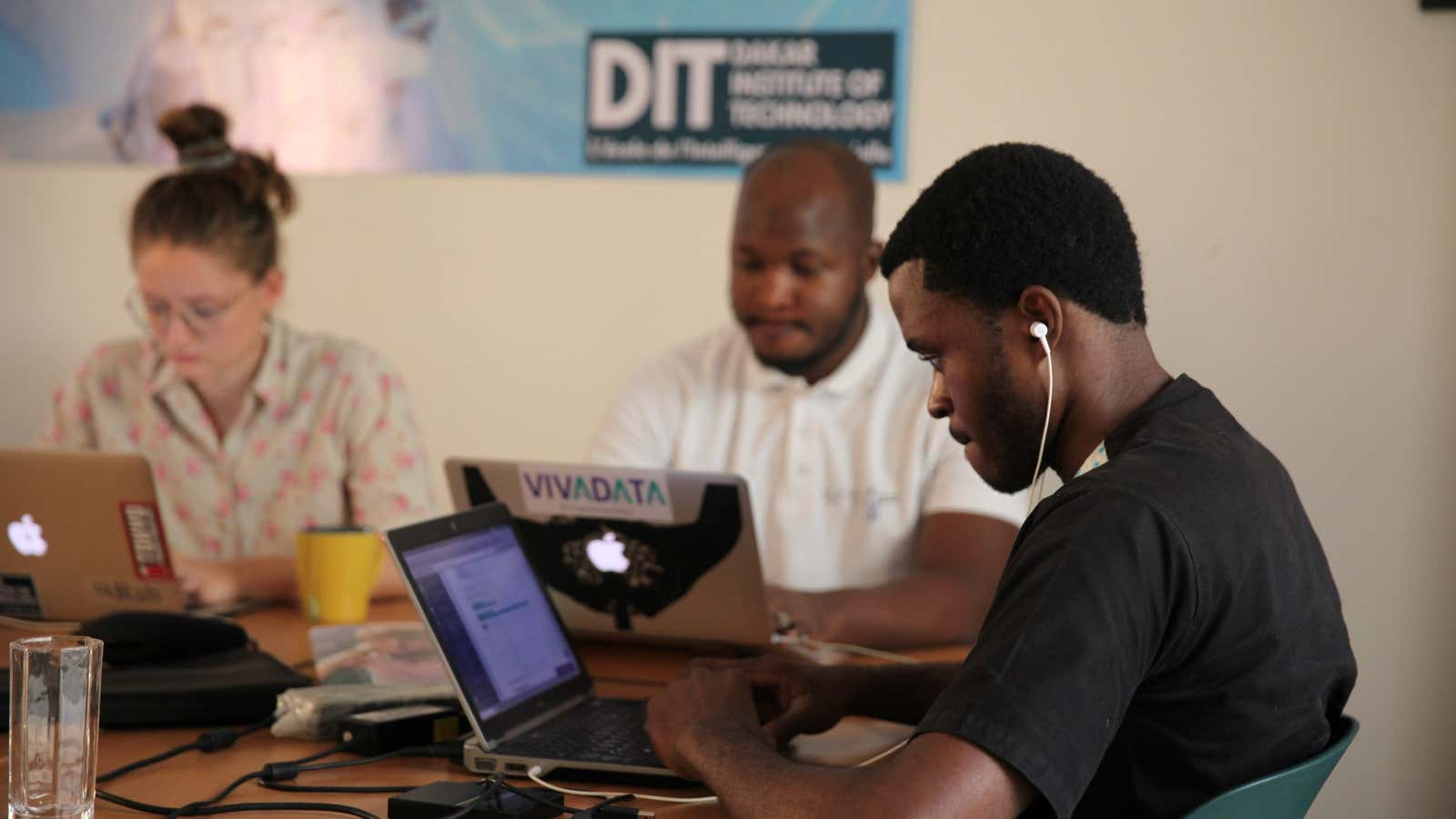Climate change is a global problem. But the most prominent scientific voices in the climate change debate have often been from the global north, despite the fact that universities in Africa, Asia, and elsewhere have legions of high-caliber researchers focused on the problem.
In the last report from the Intergovernmental Panel on Climate Change (IPCC) in 2013 known as Assessment Report 5 (AR5), 68% of the 255 authors from Working Group 1 were from Europe and North America (the report is divided into three major sections, typically published several months apart; WG1 addresses the physical science of climate change, while the other two address adaptation and mitigation options). They were among the leading scientists who volunteered from universities around the globe to compile the United Nations’ flagship report on climate change.
For its new iteration, the first section of which was published on Aug. 9, the organizers of the AR6 report made an effort to increase the diversity of the contributors. For the first time, each of the IPCC’s working groups is co-chaired by one scientist from the global north and another from the global south; for WG1 they are Valérie Masson-Delmotte of France and Panmao Zhai of China. They made some notable strides. Now, just 52% of the 234 authors in the new WG1 report are from Europe and North America.
The US, in particular, saw its share of contributors plummet, while South Korea and Pakistan saw the greatest increase as a share of contributors.
The task was made easier by the pandemic. Unlike previous IPCC reports, which were hashed out in person, AR6 was developed remotely. That made it easier for researchers from the global south to avoid visa restrictions, high travel costs, and other hidden costs that tend to exclude them from global scientific conferences.
“Adapting to climate change requires locally appropriate solutions,” Christopher Trisos, a senior researcher at the University of Cape Town’s African Climate and Development Initiative, told Quartz. “In order to assess climate solutions in a way that leaves no country behind, and to identify where inequitable power relations between the global north and south present barriers, it is essential to have a diversity of scientific backgrounds and nationalities represented in climate change assessments.”
This year’s WG1 report is also slightly more equitable on gender, although 72% of authors were still male (compared to 82% in AR5). Female climate scientists are not immune from the discrimination and harassment that plagues the scientific community and society at large. Rajendra Pachauri, a climate scientist from India who chaired the IPCC from 2002 to 2015 and shared the 2007 Nobel Peace Prize for his work, was due to stand trial for sexual harassment allegations before his death in Feb. 2020.
